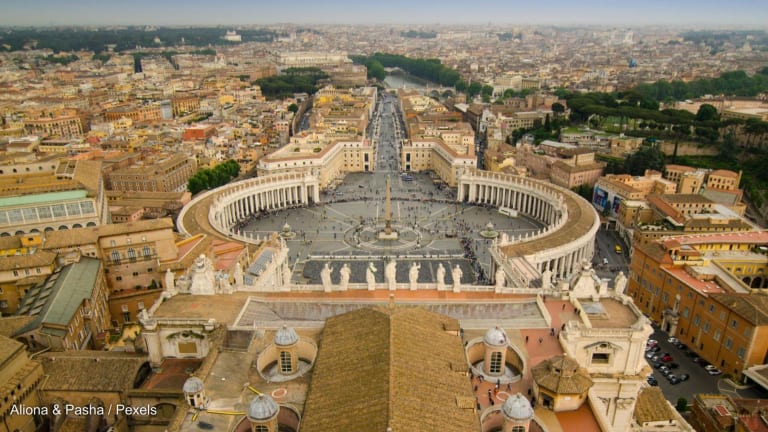A government watchdog is urging the United States to change the way it handles debt relief for poor countries. Its current strategy to meet Multilateral Debt Relief Initiative commitments has been "more costly than paying U.S. MDRI costs directly," the Government Accountability Office said in a recent report.
GAO pegs the shortfall in the United States' commitment under MDRI at $149 million. Currently, the government uses a method that ties MDRI payments to the ability of the U.S. to promptly deliver its promised funding to the World Bank's International Development Association. The U.S., however, has been in arrears on its IDA replenishments because Congress has been withholding contributions since fiscal year 2006.
GAO is urging the Treasury Department to consider other options, including asking Congress to separate allocations for IDA and MDRI. Treasury responded it will consider the recommendation.
The World Bank was happy with the report, without a doubt. World Bank President Robert Zoellick noted that the nation was among those that gave birth to the debt relief initiative and the lack of money for it would mean that poor countries will have to bear the cost of debt cancellations.
The arrears accumulated during an era of a Republican-dominated Congress and White House. Now that change in political power has swept over Washington, will there also be a change on how the U.S. is fulfilling its IDA and debt relief pledges?
Let's see.




